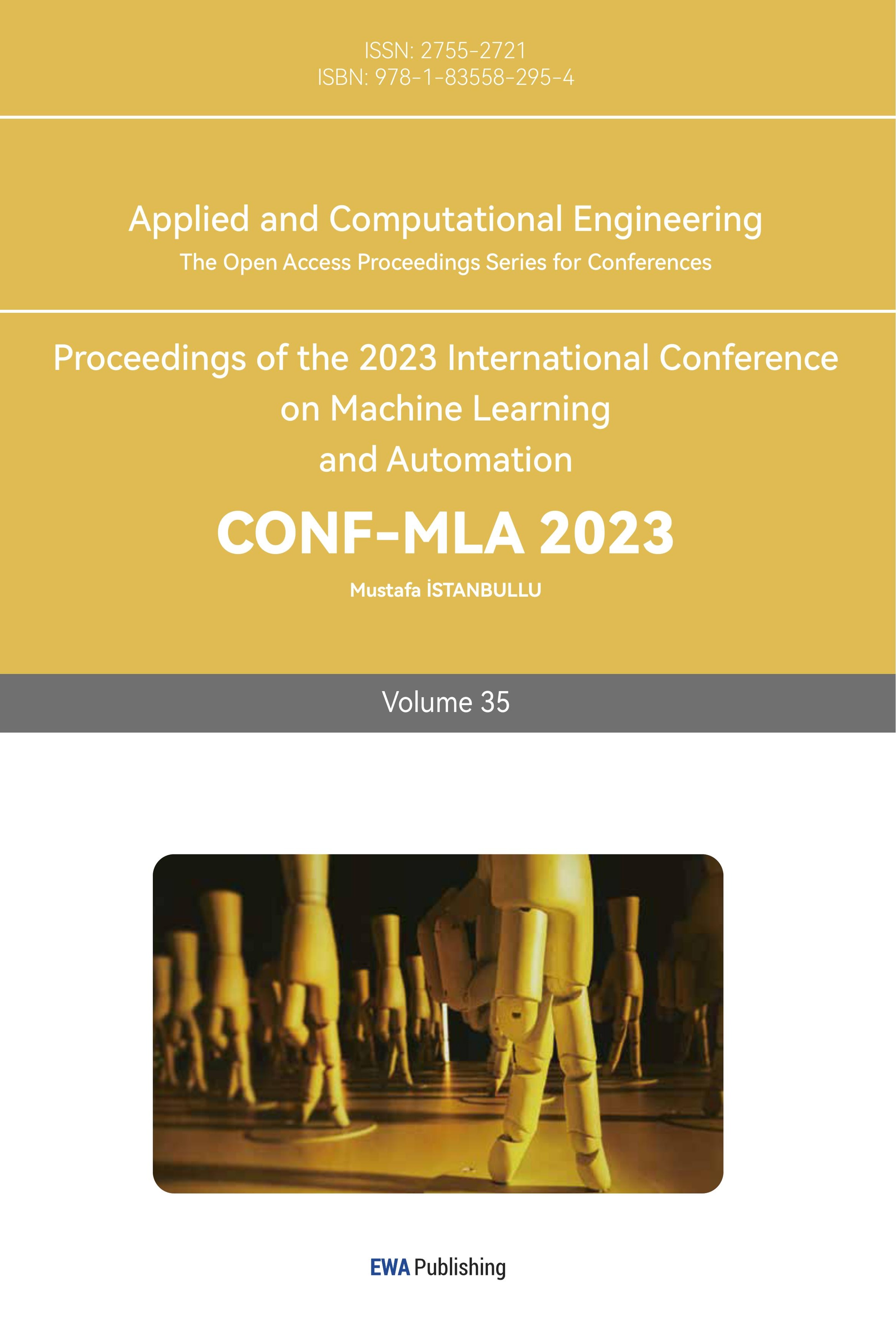References
[1]. OpenAI, “Introducing ChatGPT,” Nov. 30, 2022. https://openai.com/blog/chatgpt.
[2]. OpenAI, “Lessons learned on language model safety and misuse,” Mar. 03, 2022. https://openai.com/research/language-model-safety-and-misuse.
[3]. G. H. Sun and S. H. Hoelscher, “The ChatGPT Storm and What Faculty Can Do,” 2023, 48 3, 119–124.
[4]. D. R. Fesenmaier and K. Wöber, “AI, ChatGPT and the university,” no. ahead-of-print, 2023, 101 103578.
[5]. T. P. Tate, S. Doroudi, D. Ritchie, Y. Xu, and M. W. Uci, “Educational Research and AI-Generated Writing: Confronting the Coming Tsunami.” Center for Open Science, doi: 10.35542/osf.io/4mec3.
[6]. R. H. Mogavi et al., “Exploring User Perspectives on ChatGPT: Applications, Perceptions, and Implications for AI-Integrated Education,” May 2023, doi: 10.48550/arxiv.2305.13114.
[7]. S. S. Gill et al., “Transformative effects of ChatGPT on modern education: Emerging Era of AI Chatbots,” 2024, 4, 19-23.
[8]. C. K. Lo, “What Is the Impact of ChatGPT on Education? A Rapid Review of the Literature,” vol. 13, no. 4, p. 410, Apr. 2023.
[9]. K. Malinka, M. Perešíni, A. Firc, O. Hujňák, and F. Januš, “On the Educational Impact of ChatGPT: Is Artificial Intelligence Ready to Obtain a University Degree?,” Cornell University, arXiv.org, Ithaca, Mar. 2023.
[10]. F. M. Megahed, Y.-J. Chen, J. A. Ferris, S. Knoth, and L. A. Jones-Farmer, “How generative AI models such as ChatGPT can be (mis)used in SPC practice, education, and research? An exploratory study,” no. ahead-of-print, pp. 1–29, 2023.
Cite this article
Fu,Y. (2024). A research of the impact of ChatGPT on education. Applied and Computational Engineering,35,26-31.
Data availability
The datasets used and/or analyzed during the current study will be available from the authors upon reasonable request.
Disclaimer/Publisher's Note
The statements, opinions and data contained in all publications are solely those of the individual author(s) and contributor(s) and not of EWA Publishing and/or the editor(s). EWA Publishing and/or the editor(s) disclaim responsibility for any injury to people or property resulting from any ideas, methods, instructions or products referred to in the content.
About volume
Volume title: Proceedings of the 2023 International Conference on Machine Learning and Automation
© 2024 by the author(s). Licensee EWA Publishing, Oxford, UK. This article is an open access article distributed under the terms and
conditions of the Creative Commons Attribution (CC BY) license. Authors who
publish this series agree to the following terms:
1. Authors retain copyright and grant the series right of first publication with the work simultaneously licensed under a Creative Commons
Attribution License that allows others to share the work with an acknowledgment of the work's authorship and initial publication in this
series.
2. Authors are able to enter into separate, additional contractual arrangements for the non-exclusive distribution of the series's published
version of the work (e.g., post it to an institutional repository or publish it in a book), with an acknowledgment of its initial
publication in this series.
3. Authors are permitted and encouraged to post their work online (e.g., in institutional repositories or on their website) prior to and
during the submission process, as it can lead to productive exchanges, as well as earlier and greater citation of published work (See
Open access policy for details).
References
[1]. OpenAI, “Introducing ChatGPT,” Nov. 30, 2022. https://openai.com/blog/chatgpt.
[2]. OpenAI, “Lessons learned on language model safety and misuse,” Mar. 03, 2022. https://openai.com/research/language-model-safety-and-misuse.
[3]. G. H. Sun and S. H. Hoelscher, “The ChatGPT Storm and What Faculty Can Do,” 2023, 48 3, 119–124.
[4]. D. R. Fesenmaier and K. Wöber, “AI, ChatGPT and the university,” no. ahead-of-print, 2023, 101 103578.
[5]. T. P. Tate, S. Doroudi, D. Ritchie, Y. Xu, and M. W. Uci, “Educational Research and AI-Generated Writing: Confronting the Coming Tsunami.” Center for Open Science, doi: 10.35542/osf.io/4mec3.
[6]. R. H. Mogavi et al., “Exploring User Perspectives on ChatGPT: Applications, Perceptions, and Implications for AI-Integrated Education,” May 2023, doi: 10.48550/arxiv.2305.13114.
[7]. S. S. Gill et al., “Transformative effects of ChatGPT on modern education: Emerging Era of AI Chatbots,” 2024, 4, 19-23.
[8]. C. K. Lo, “What Is the Impact of ChatGPT on Education? A Rapid Review of the Literature,” vol. 13, no. 4, p. 410, Apr. 2023.
[9]. K. Malinka, M. Perešíni, A. Firc, O. Hujňák, and F. Januš, “On the Educational Impact of ChatGPT: Is Artificial Intelligence Ready to Obtain a University Degree?,” Cornell University, arXiv.org, Ithaca, Mar. 2023.
[10]. F. M. Megahed, Y.-J. Chen, J. A. Ferris, S. Knoth, and L. A. Jones-Farmer, “How generative AI models such as ChatGPT can be (mis)used in SPC practice, education, and research? An exploratory study,” no. ahead-of-print, pp. 1–29, 2023.









